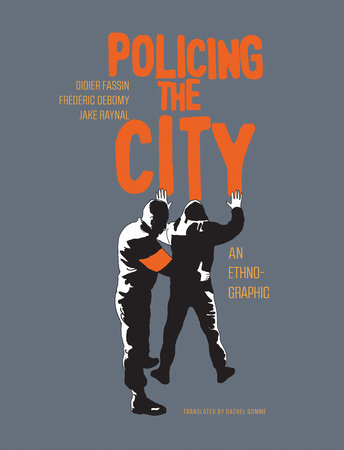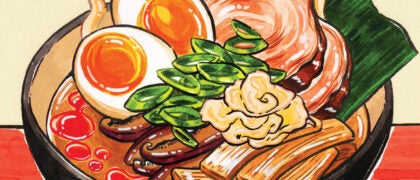“Urgent and provocative…the animation in Raynal’s artwork and creative layouts allows Fassin to expound on his theories and dramatically expose the emotional currents raging through notions of fair and equal justice.” —Publishers Weekly
“This ethno-graphic is chilling in the parallels that can be seen in the struggles of Black people in the United States…Highly recommended, as it adds to discussions on equity.” —Library Journal (starred review)
“Raynal’s artwork…provides a more contextual, environmental feeling than words alone could have hoped to provide, thanks to a brilliant use of coloring. Readers will recognize parallels between the violent actions of police toward people of color, immigrants, and the poor in France and policing in the US, all with the same racist, classist, and nationalistic justifications.” —Booklist
“By exposing the realities of everyday ‘anticrime’ policing, Didier Fassin explodes the myth that police are the solution to serious crime. These shadowy units that claim to be on the front lines of producing safety instead prey on the most vulnerable and alienated members of society, sending a clear message that those communities do not belong.” —Alex S. Vitale, author of The End of Policing
“While most of the city sleeps, police anticrime squads prowl working-class and immigrant neighborhoods like hunters after prey. Didier Fassin obtained unparalleled access to one squad, riding in the back of their car nightly, and Policing the City is as close as a reader can come to joining Fassin in that police car. An innovative ‘ethno-graphic,’ this book conveys the tense mixture of boredom and bigotry, laced with occasional adrenalin-fueled violence, that defines police patrol. It is an unforgettable read.” —Stuart Schrader, author of Badges without Borders: How Global Counterinsurgency Transformed American Policing
“Didier Fassin’s Policing the City is a provocative exploration of the expansion of police power and criminalization of nonwhite and immigrant communities. Lucidly written and expertly illustrated, Policing the City is a fascinating adaptation of Fassin’s monumental Enforcing Order and gives readers a window into the daily operations of police in twenty-first-century France and around the world. Policing the City shows how politics and prejudice intertwine with law enforcement, releasing officers to wage war on the most vulnerable communities. A must-read.” —Max Felker-Kantor, author of Policing Los Angeles: Race, Resistance, and the Rise of the LAPD
Praise for Enforcing Order:
“Fascinating…Enforcing Order is an intriguing read, not least for what it reveals about the politics of law and order, and of policing, in France in recent times…a rich text.” —LSE Review of Books
“Powerful, distressing, and thought-provoking…an undertaking unprecedented in France and one that, as the difficulties of access Fassin encountered suggest, will not be conducted again for some time.” —Times Higher Education
“Fassin’s book—the most significant contribution to the public anthropology of policing—has opened up space to discuss the unresolved tension underlying the contemporary state, that between providing security and protecting human rights.” —Social Anthropology








